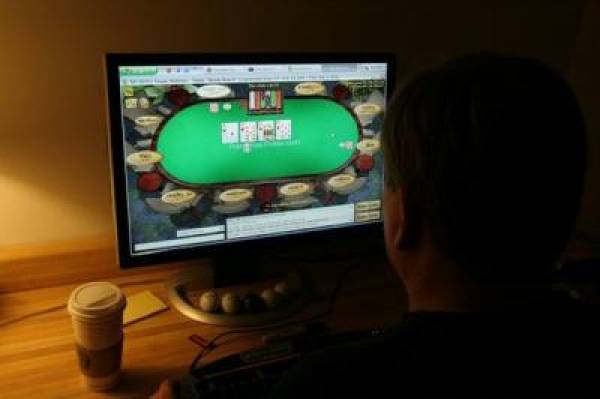Online Poker Bill Markup Scheduled Earlier Than Originally Thought

Following a committee hearing Wednesday on the prospects of legalized online gambling, and more specifically online poker, a markup was immediately scheduled for this upcoming Tuesday, July 27. Most believed the next session would take place several weeks from now.
The House Committee on Financial Services will mark up H.R. 2267, which looks to amend title 31, United States Code, to provide for the licensing of Internet gambling activities by the Secretary of the Treasury, and to provide for consumer protections on the Internet as well as to enforce the tax code.
The Internet gambling sector in its current state worldwide is said to take in billions of dollars, much of it untaxed.
Wednesday’s hearing featured the likes of online gambling opponent Rep. Spencer Bachus (R-Alabama), comparing poker players on the Net to heroin addicts while attacking industry representative Annie Duke for aligning herself with a poker room once embroiled in an “insider” cheating scandal.
A Mark-Up refers to the meeting of a Committee held to review the text of a bill before reporting it out.
Committee members offer and vote on proposed changes to the bill's language, known as amendments. Most mark-ups end with a vote to send the new version of the bill to the floor for final approval.
Michael Waxman, spokesperson for the Safe and Secure Internet Gambling Initiative, had this to day after the announcement of the mark up: “This mark up demonstrates that Congress is serious about moving Chairman Frank’s bill forward and establishing a strict regulatory framework for Internet gambling activity/ The passage of this legislation would be a win-win as it will protect consumers, create an estimated 32,000 new jobs over five years and provide federal and state governments with as much as $72 billion in new revenues over ten years.”
If passed, online poker would become fully legal and licensed in the United States. Current Web poker rooms must operate outside the United States and legislation now on the books often makes it difficult to open new accounts with credit cards.“
Individual states would be able to opt out if they wished not to residents the opportunity to play online poker.
Christopher Costigan, Gambling911.com Publisher








